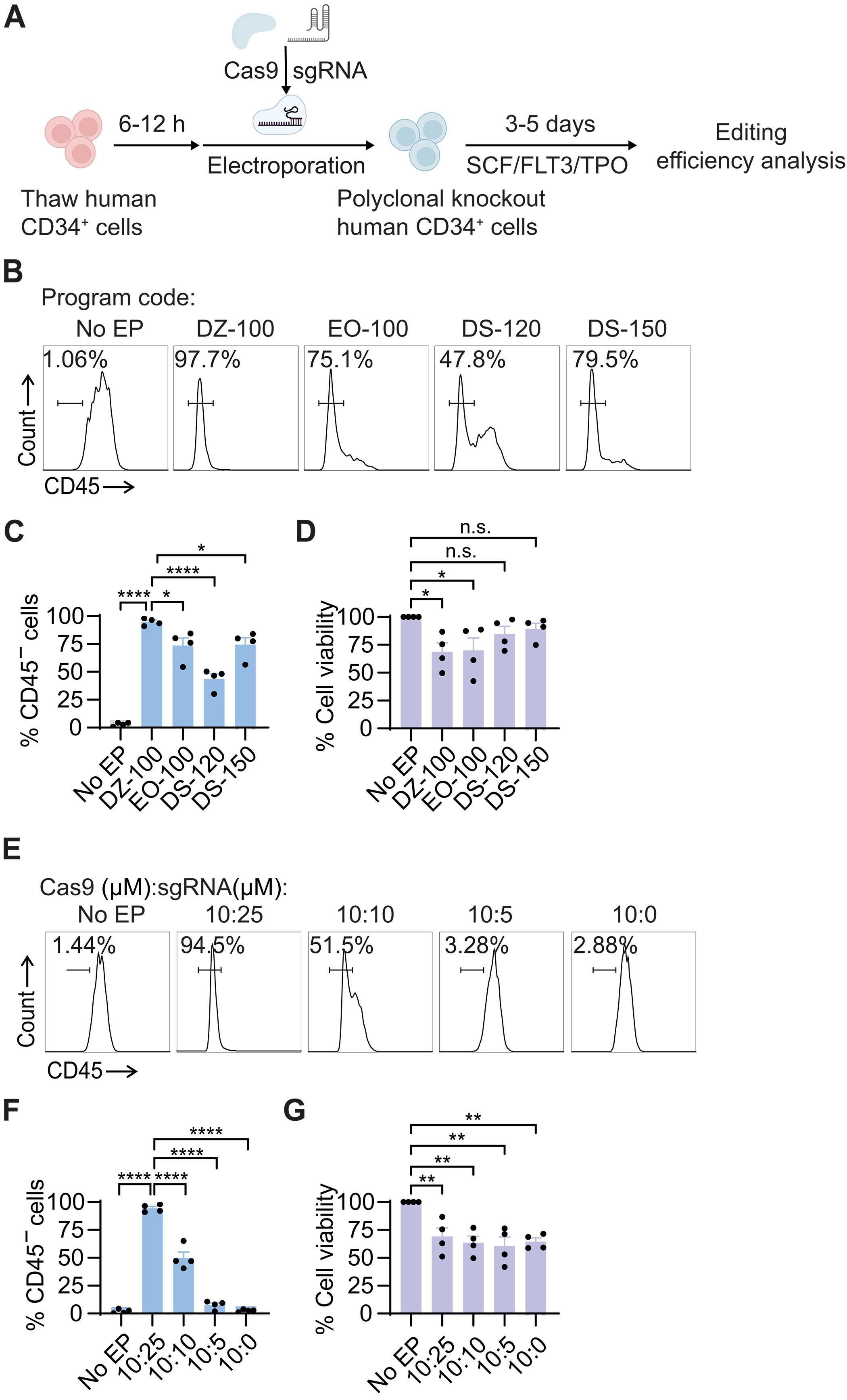建立用于研究小鼠人体免疫功能的反向遗传学系统
IF 12.5
1区 综合性期刊
Q1 MULTIDISCIPLINARY SCIENCES
引用次数: 0
摘要
小鼠的反向遗传学方法被广泛用于了解基因功能及其在疾病中的畸变。然而,将动物模型的发现转化为人体生理学存在局限性。人源化小鼠为理解人类生理学和疾病发病机制提供了一个强大的桥梁,同时保持了在小动物身上工作的可行性。制造人源化小鼠模型的方法尚不成熟,这种方法使科学家能够探测特定基因的作用。在这里,我们建立了一种有效的方法来产生转基因的人类脐带血来源的CD34 +细胞用于移植,导致人类免疫系统几乎完全丧失特定基因表达的人源化小鼠。移植cas9编辑的人类CD34 +细胞的小鼠概括了人类免疫系统中特定基因丢失的功能后果。我们的方法能够在人源化小鼠中实现靶向基因敲除,为体内人类基因功能研究提供了有价值的工具。本文章由计算机程序翻译,如有差异,请以英文原文为准。

Establishment of a reverse genetics system for studying human immune functions in mice
Reverse genetics approaches in mice are widely used to understand gene functions and their aberrations in diseases. However, limitations exist in translating findings from animal models to human physiology. Humanized mice provide a powerful bridge to understanding human physiology and mechanisms of disease pathogenesis while maintaining the feasibility of working with small animals. Methods for generating humanized mouse models that allow scientists to probe contributions of particular genes have been rudimentary. Here, we established an efficient method for generating genetically modified human cord blood–derived CD34+ cells for transplantation, resulting in humanized mice with near-complete loss of specific gene expression by the human immune system. Mice transplanted with Cas9-edited human CD34+ cells recapitulate functional consequences of specific gene losses in the human immune system. Our approach enables targeted gene knockouts in humanized mice, offering a valuable tool for human gene function studies in vivo.
求助全文
通过发布文献求助,成功后即可免费获取论文全文。
去求助
来源期刊

Science Advances
综合性期刊-综合性期刊
CiteScore
21.40
自引率
1.50%
发文量
1937
审稿时长
29 weeks
期刊介绍:
Science Advances, an open-access journal by AAAS, publishes impactful research in diverse scientific areas. It aims for fair, fast, and expert peer review, providing freely accessible research to readers. Led by distinguished scientists, the journal supports AAAS's mission by extending Science magazine's capacity to identify and promote significant advances. Evolving digital publishing technologies play a crucial role in advancing AAAS's global mission for science communication and benefitting humankind.
 求助内容:
求助内容: 应助结果提醒方式:
应助结果提醒方式:


